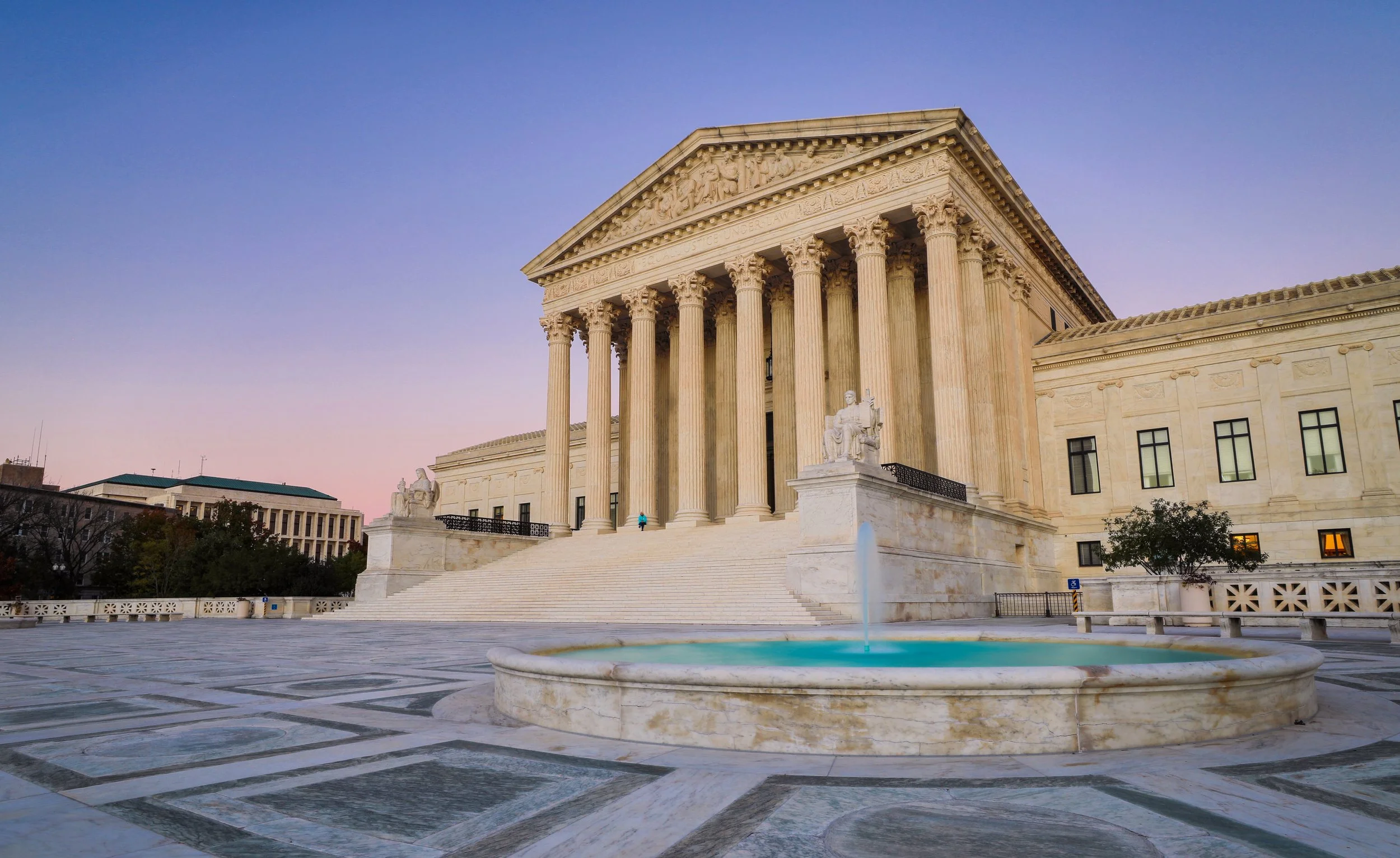
Our Successes
Advocacy in action
Many law firms will tell you about their capabilities. We prefer to let our clients’ success stories speak for themselves. We hope you will enjoy learning more about our featured representations by browsing the case studies below.
Featured












